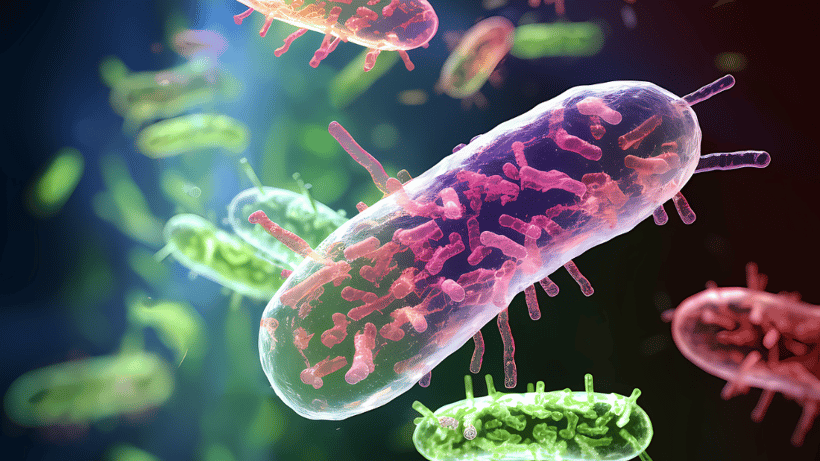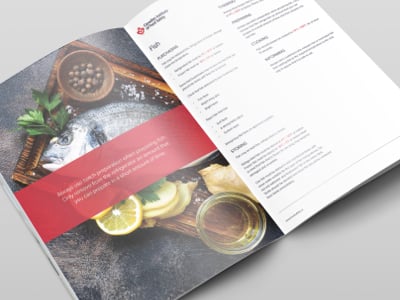
Calgary's Fueling Minds catering service, affiliated with Fueling Brains Academy daycare centers, is facing legal repercussions and a fine of $120,000 for operating without a valid license in some of its locations. The company has been implicated in a major E. Coli outbreak affecting hundreds of children in daycare facilities.
Scheduled to appear in court in November, Fueling Minds is accused of breaching municipal regulations. Previously flagged for multiple health code violations, including issues in food transportation, the company has opted not to comment, declining multiple interview requests from the media.
Severe Cases Impacting Children
As of September 27, the E. Coli outbreak has confirmed 351 cases in children, leading to 37 hospitalizations. The severe cases included 22 children suffering from hemolytic uremic syndrome (HUS), an illness affecting kidneys and blood that can cause multiple organ failure and necessitate transplants. Four children are currently undergoing dialysis treatments.
The outbreak was first declared on September 4. Dr. Mark Joffe, Alberta’s Chief Medical Officer, confirmed that the number of cases has stabilized at 351 during a press briefing on September 27. Additional daycare centers in the area have reported E. Coli cases and were temporarily closed as a precautionary measure.
In the initial phase of the outbreak, 11 daycare centers and the central kitchen were closed. Fueling Brains Academy, which is responsible for approximately 2,000 children across eight centers in Calgary and Strathmore, was heavily implicated; six of the 11 initially closed daycares were part of its network.
Incorporated in Alberta in 2017, Fueling Brains Inc. lists Faisal Alimohd and Anil Karim as its directors and voting shareholders.
Probable Contamination Source Uncovered
Based on interviews with hundreds of parents and daycare staff, Dr. Joffe identified meatloaf and vegan loaf meals served on August 29 as the probable source of the E. Coli contamination. Unfortunately, these food items were consumed or discarded before the outbreak was recognized, making it challenging to confirm the exact point of contamination.
Alberta Premier Danielle Smith announced the formation of an independent panel to scrutinize the incident comprehensively. This panel will also recommend preventative measures to avert future outbreaks. "We'll be looking closely at the legislation and regulations governing food safety in the province," Smith said.
What is E. Coli?
Escherichia coli, commonly known as E. coli, is a type of bacterium that is found in the environment, foods and the intestines of people and animals. It is worth noting that most strains of E. coli are harmless and are, in fact, an essential part of a healthy human intestinal tract. However, some strains can cause various forms of illness, ranging from mild gastrointestinal upset to severe foodborne illnesses and even life-threatening complications.
Harmful Strains
The strains that are harmful produce toxins that can cause symptoms such as diarrhea, urinary tract infections, respiratory illness, pneumonia and other illnesses. One particularly notorious strain is E. coli O157:H7, which can lead to severe diarrhea and other complications like hemolytic uremic syndrome (HUS), a condition that can result in kidney failure.
How E. coli Spreads
E. coli can be found in contaminated food, especially raw or undercooked meat, unpasteurized dairy products and fresh produce. It can also be spread through contaminated water or person-to-person contact. Cross-contamination during food preparation is another common transmission pathway.
Common Symptoms
- Diarrhea: This is often the first and most common symptom. The diarrhea can range from mild to severe and may contain blood in some cases, particularly with E. coli O157:H7 infections.
- Abdominal Cramps: Sharp or mild abdominal pain often accompanies diarrhea.
- Nausea and Vomiting: Some people may experience nausea, vomiting and a general feeling of being unwell.
- Fever: While less common, some individuals may experience a low-grade fever.
- Fatigue: Due to the loss of fluids and nutrients, individuals often feel unusually tired or fatigued.
Diagnosis and Treatment
Diagnosis often involves stool tests to identify the presence of E. coli bacteria. Treatment typically focuses on hydration and symptom relief, as most E. coli infections are self-limiting. However, some severe cases may require hospitalization and more intensive treatment. Antibiotics are generally not recommended for treating E. coli infections, as they can increase the risk of complications.
Preventive Measures
There are several ways to mitigate the risks of E. coli:
- Always cook meat to the recommended internal temperature.
- Wash hands, utensils and food preparation surfaces before and after handling food.
- Use separate cutting boards for meat and vegetables.
Food Safety Training is the Best Prevention
The recent E. Coli outbreak underscores the critical need for comprehensive food safety measures. To safeguard public health, the Food Handler Certification Course with the Canadian Institute of Food Safety (CIFS) is recommended. This essential food safety training can prevent future outbreaks, ensuring both compliance with the law and the well-being of the community. Enroll online or contact CIFS for more details.




